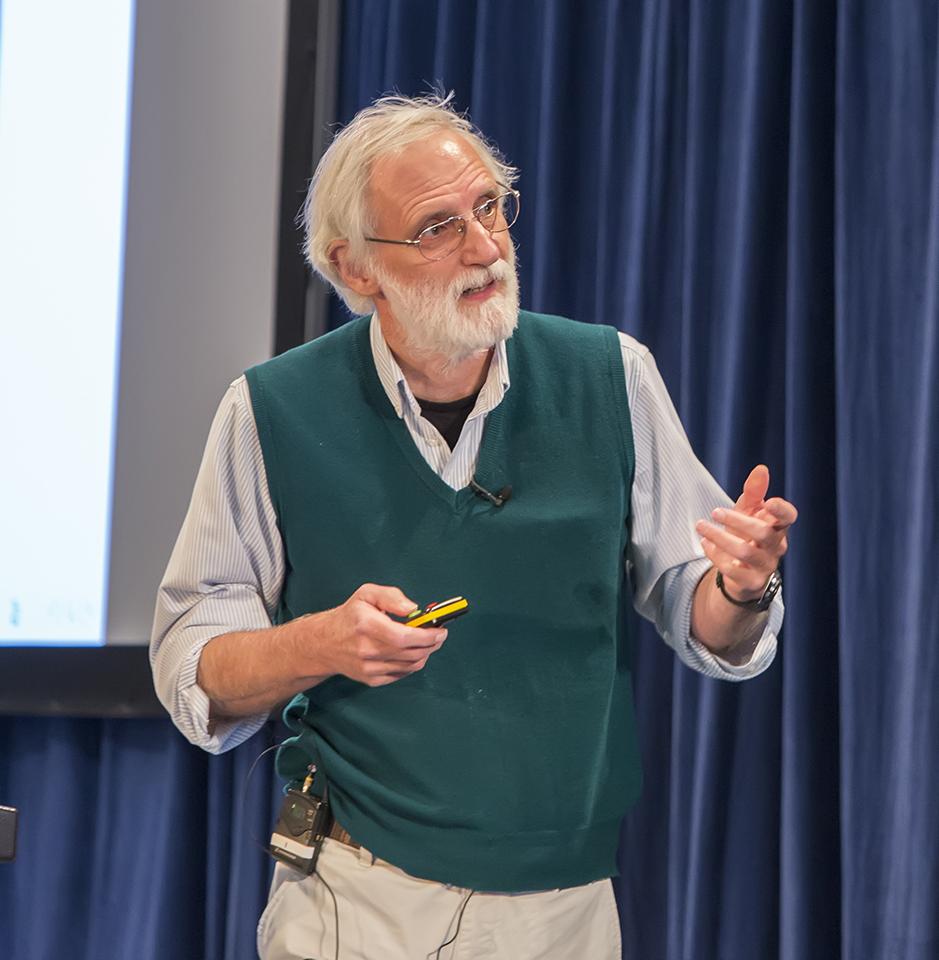Your cart is currently empty!
William Seager

William Seager is Professor of philosophy at the University of Toronto Scarborough. He has been working on the the philosophy of mind and especially the problem of consciousness for about 45 years, but still hasn’t gotten very far. Two recent books of his are Theories of Consciousness (2nd ed. 2016) and The Routledge Handbook of Panpsychism (2020).
Past events with William Seager (4)
August 11, 2024
July 16, 2023
July 9, 2022
June 5, 2022
